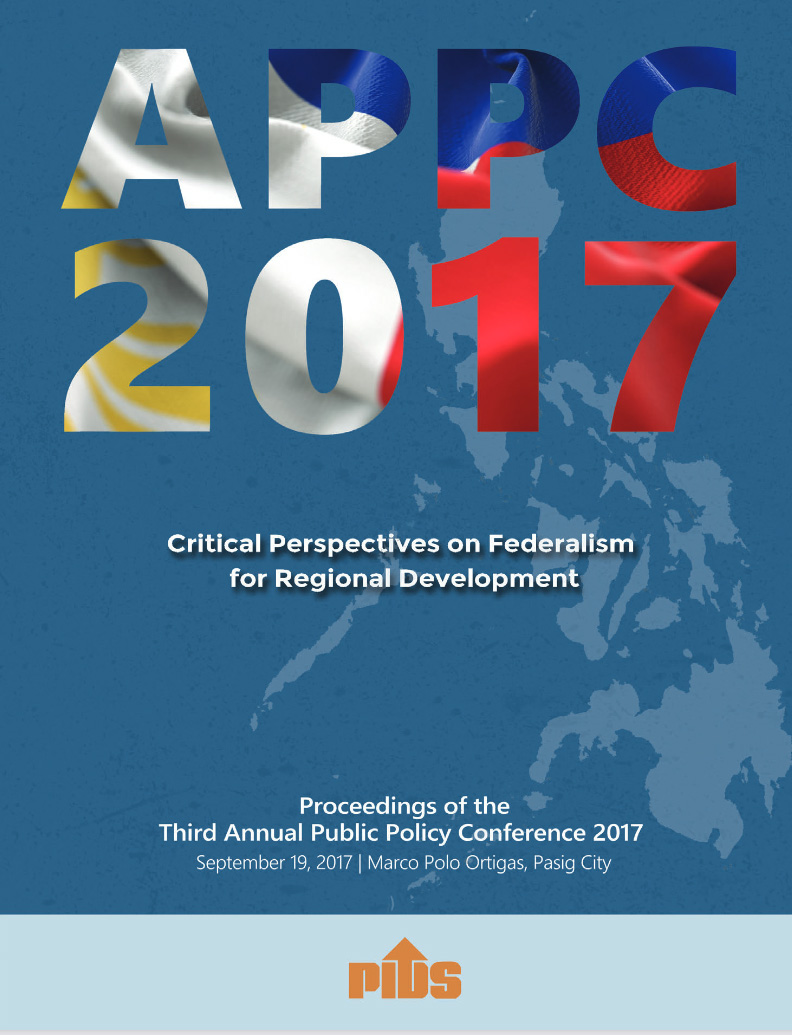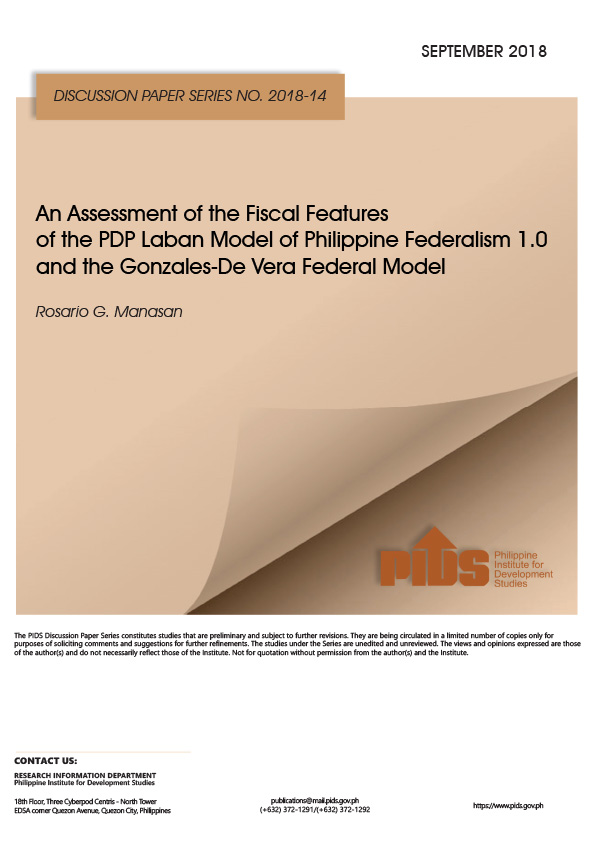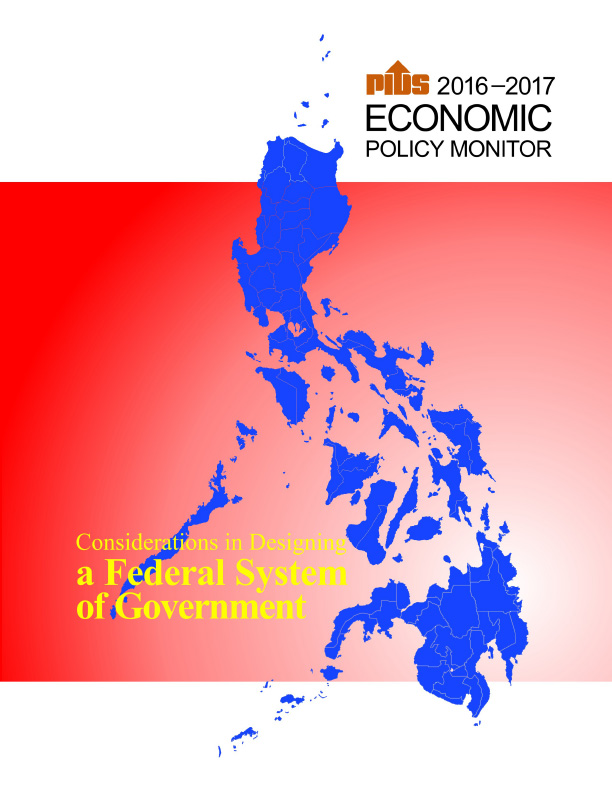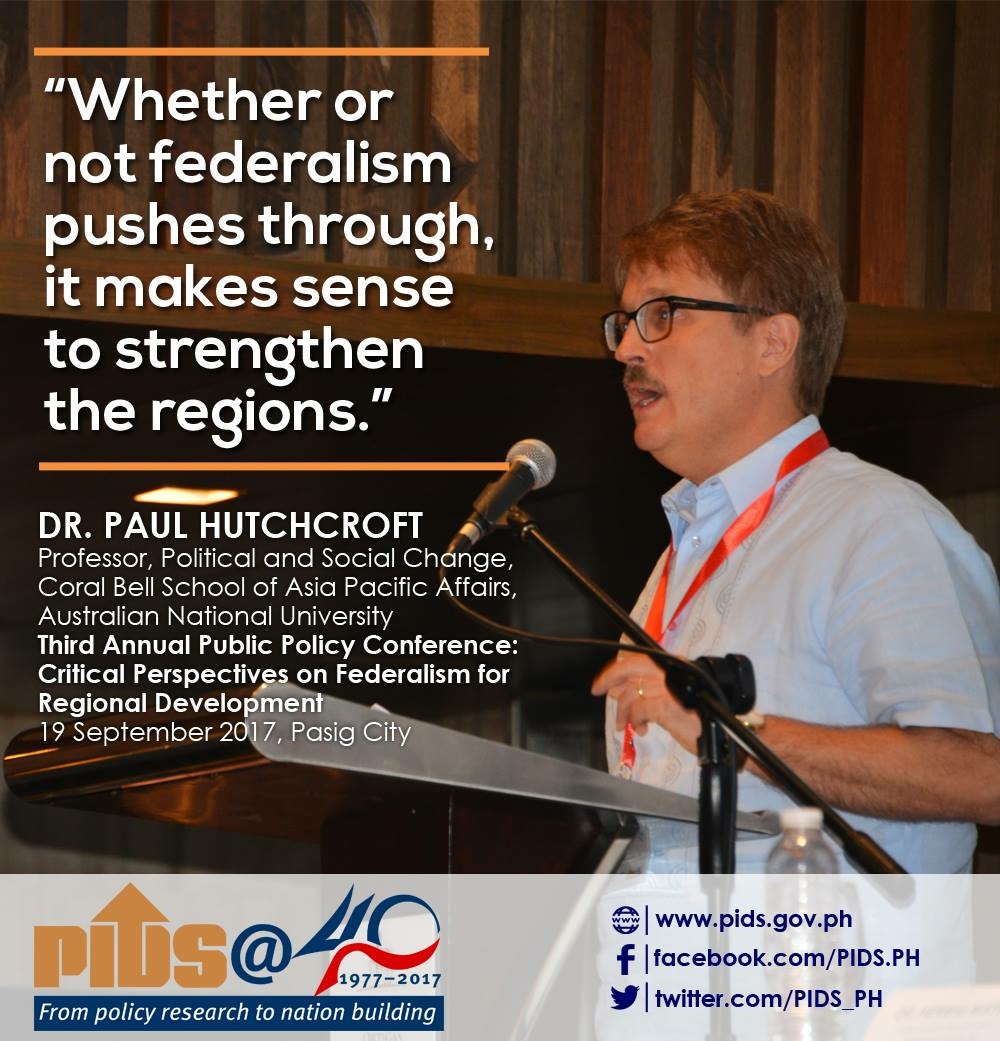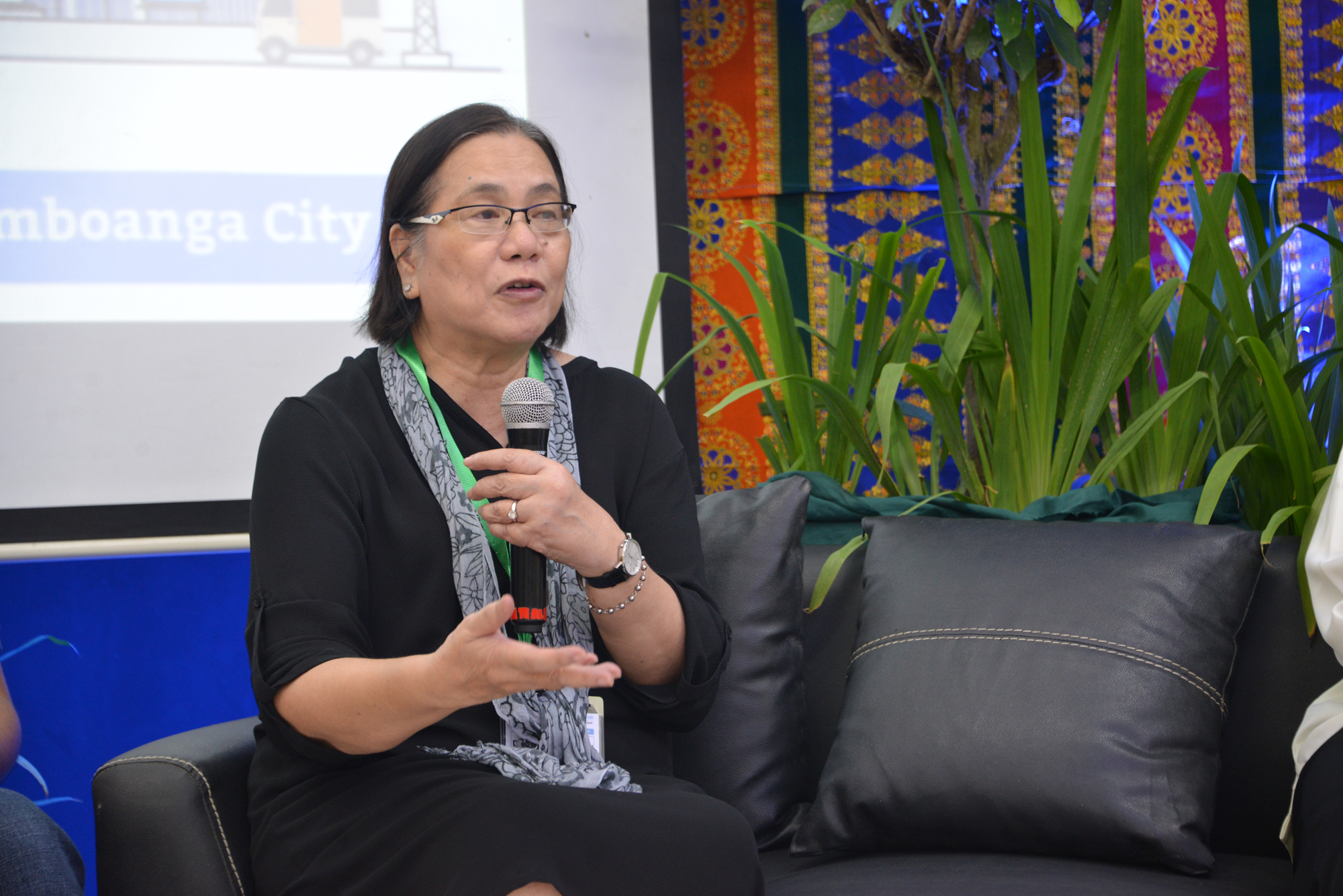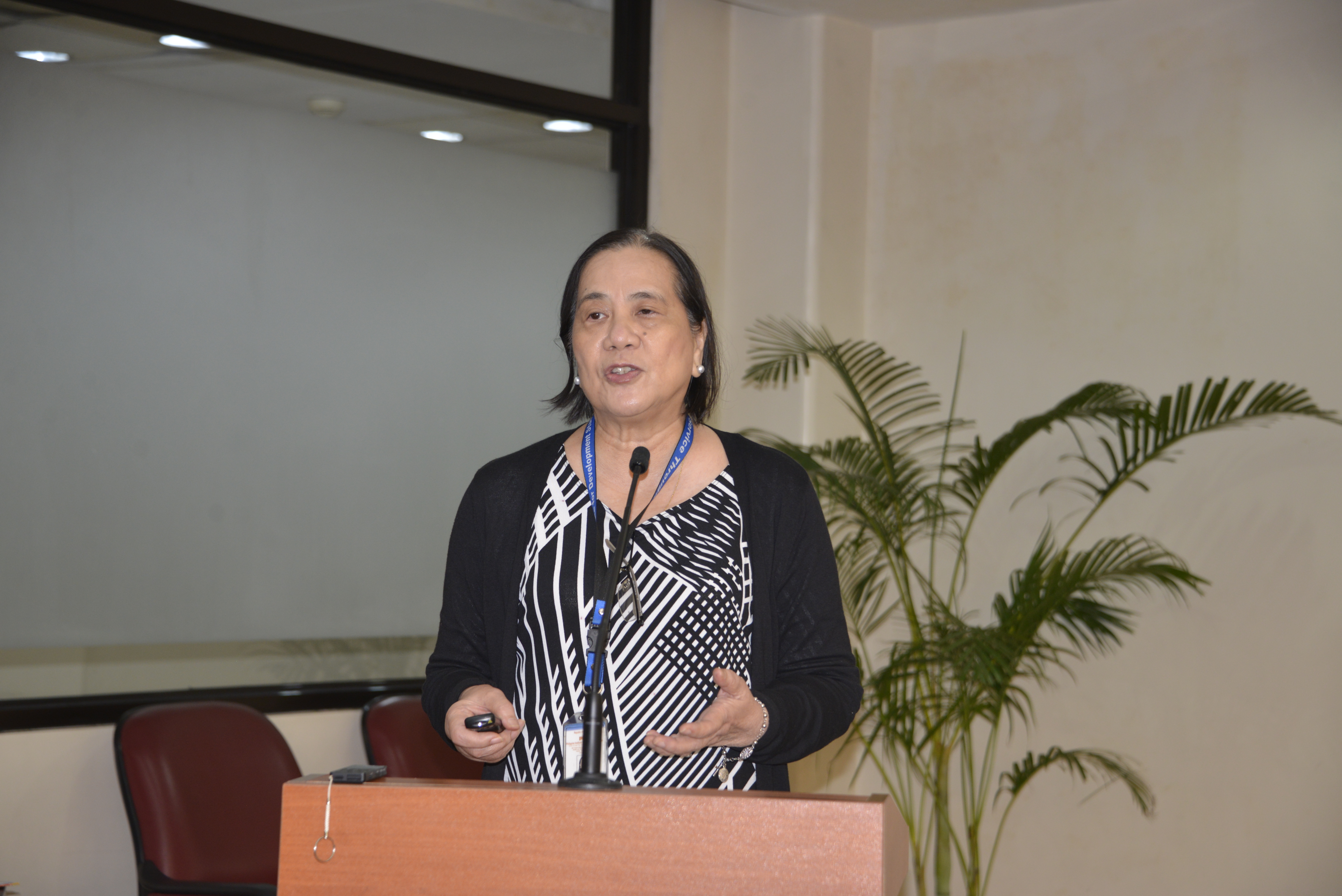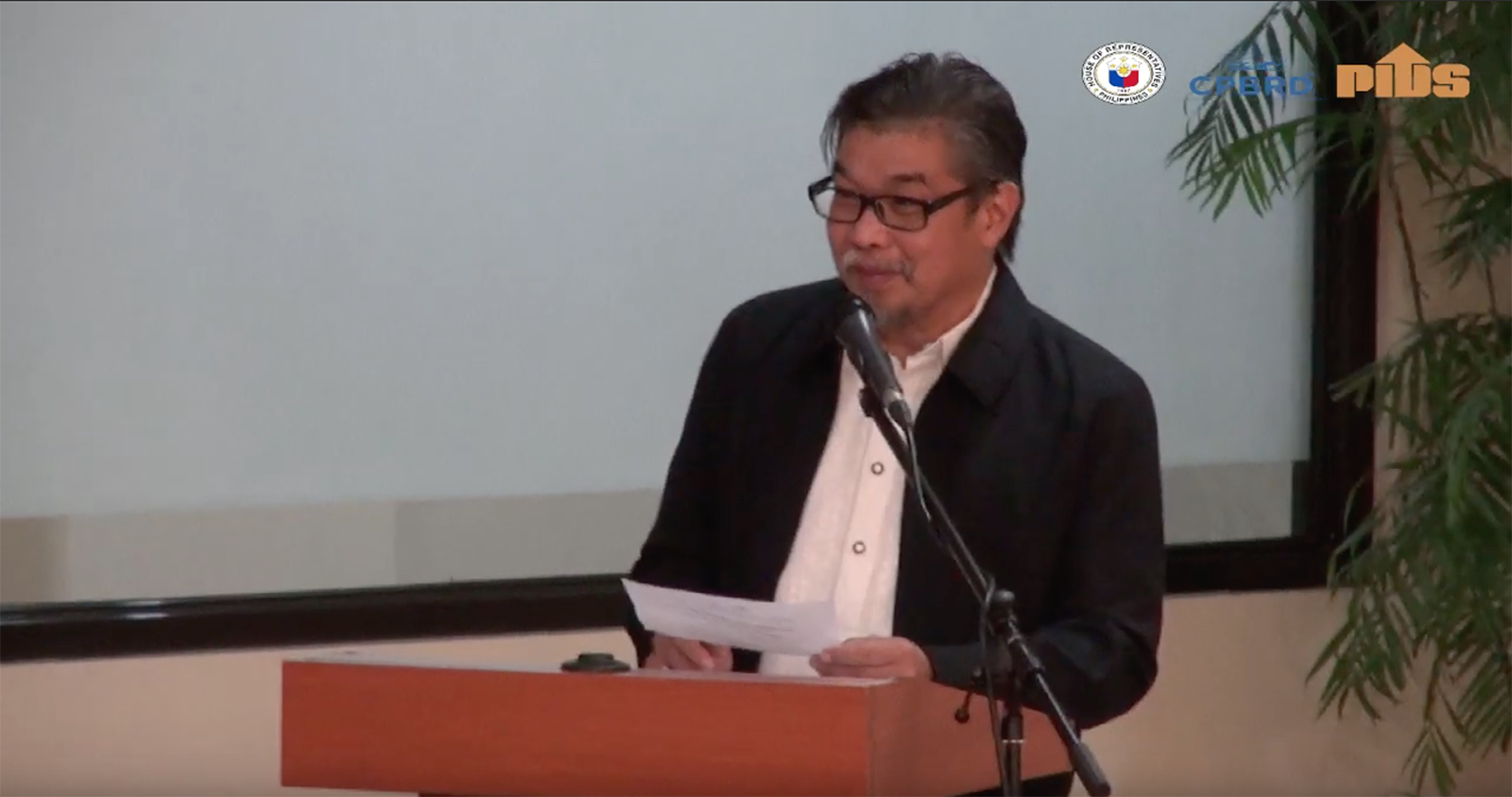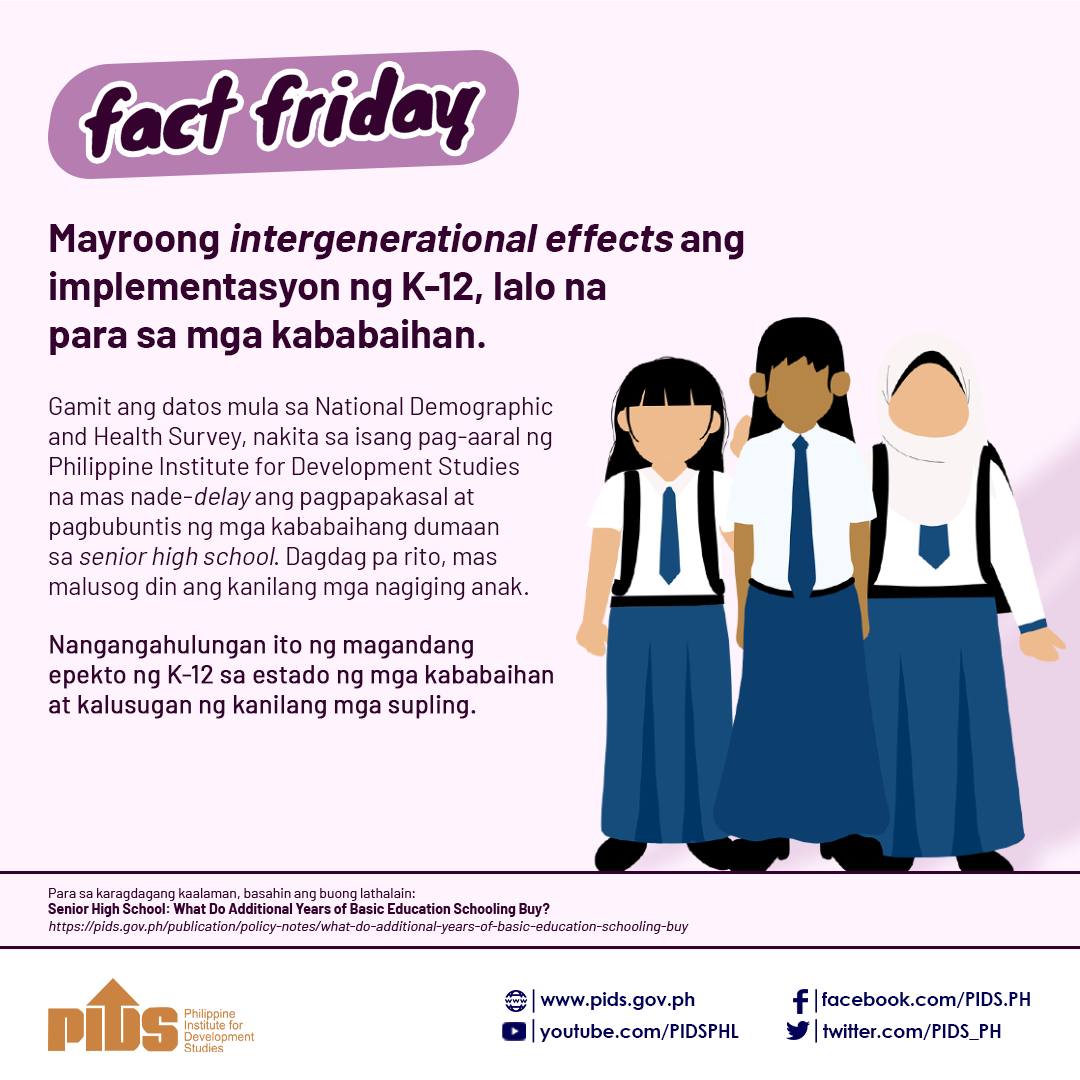Bills on federalism and rice tariffication are a priority in President Rodrigo Duterte’s legislative agenda for the third regular session of the 17th Congress, Malacañang said on Thursday.
In a news conference, Palace spokesman Harry Roque Jr. said Duterte intends to present the legislative agenda
of his administration before he delivers his State of the Nation Address (SONA) on Monday.
“Definitely federalism will be there. There’s [also]rice tariffication, which is also an administration bill [that]has not seen the light of day,” Roque told reporters.
But he said he is yet to get hold of the list of the priority bills of the Duterte administration.
Duterte, during the campaign, had vowed to pursue a change in the form of government to federalism.
Roque said Duterte was expected to push for Charter change to pave way for the shift to a federal system during his SONA.
He added that the President intends to endorse the revised federal Constitution drafted by the Consultative Committee (ConCom) as a priority measure to the two Houses of Congress.
The President earlier refused to head the Transition Commission that will oversee the shift to a federal government based on the draft Constitution submitted by the committee.
Duterte instead offered to step down early to allow the election of a transition leader, saying he was already tired to assume such role.
Meanwhile, the government expects the rice tariffication to be passed into law by the second half of the year, Socioeconomic Planning Secretary Ernesto Pernia said earlier.
Under the measure, the prescribed import volume would be removed and imports can eventually be opened to private traders.
The National Economic and Development Authority, which is headed by Pernia, had cited the urgency to fast-track amendments to the Agricultural Tariffication Act.
Senate President Vicente Sotto 3rd also on Thursday said the proposed creation of the Bangsamoro Autonomous Region (BAR) under the Bangsamoro Basic Law (BBL) would be a “test case” for federalism.
The ConCom had finished crafting the draft federal Charter, which proposed the creation of 16 federated states as well as the Bangsamoro Region and the Cordillera Region.
“This [BBL] is a good test case. A lot of issues in Mindanao have been resolved by this Organic Act for the Bangsamoro,” Sotto said in a media forum.
“This is my personal opinion, let’s give it two years. Because in two years, more or less, we will already see how the budget was spent [by the federated regions]. We will have a very good idea already on how a region is doing, how its work is being conducted,” he added.
Senate Majority Leader Juan Miguel Zubiri said having 18 federated regions under the proposed federal government is not doable because of budgetary constraints.
But Zubiri added that he would support federalism if only four regions were created: Luzon, Visayas, Mindanao and Bangsamoro.
Sen. Francis Escudero said, “After over 30 years, ARMM remains to be the poorest region in the country, despite our experiment with ‘federalism’ in that region. For me, that is enough basis to go slow on federalism in the entire country.”
The creation of a federal government is estimated to cost P55 billion and will mean more taxes for Filipinos, Rosario Manasan of the Philippine Institute of Development Studies said on Tuesday during a public hearing on Charter change.
“It will have to come from the pockets of taxpayers,” Manasan told the Senate Committee on Constitutional Amendments and Revision of Codes.
She said the amount would go to the salaries of regional governors and vice governors, additional senators per region and additional members of the judiciary and their staff, as well as operating expense of their offices.

